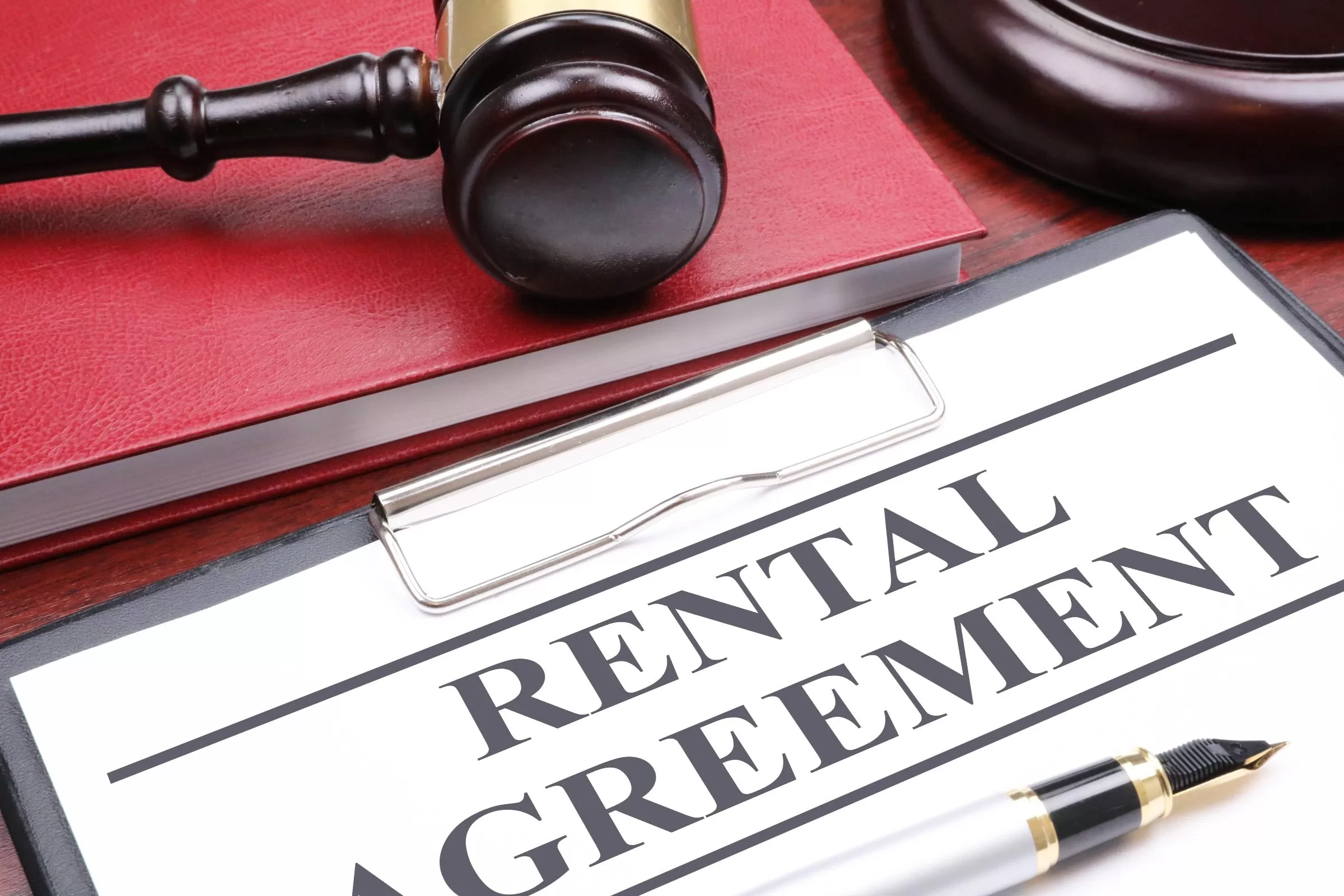Choosing how to sell your house can be daunting. There’s no one-size-fits-all approach, as the best choice depends on your specific circumstances, needs, and goals.
In this guide, we will evaluate two popular strategies for selling your house: selling for cash and listing with a realtor. Both options have their unique benefits, and understanding them can help you make an informed decision.

Option 1: Selling Your House for Cash
Cash sales are transactions where the buyer purchases the property outright, without needing mortgage or loan approval. Cash buyers are typically real estate investors or companies. If you’re considering this route, here are some points to bear in mind.
Advantages of Cash Sales
Quick Transactions
One of the significant advantages of cash sales is speed. A cash sale can often close within a week, whereas traditional sales can take 30 to 45 days or even longer.
No Need for Repairs
Another benefit is the potential to sell “as is”. Many cash buyers, like those you might find when you visit website, are willing to buy your house regardless of its condition, which can be a boon if you’re selling a fixer-upper.
Reduced Risk of Sales Falling Through
Cash sales also offer certainty. The transaction isn’t reliant on a third-party lender, which reduces the risk of the deal falling apart due to financing issues.
Disadvantages of Cash Sales
Lower Selling Price
While cash sales have numerous benefits, there are potential drawbacks to consider. Typically, cash offers are lower than the market value, as cash buyers often look for a return on their investment.
Limited Pool of Buyers
The pool of potential buyers is smaller for cash sales, which could potentially limit your options.
Read Also:
Option 2: Listing with a Realtor
Listing your property with a realtor is another popular way to sell your house. This traditional method involves hiring a real estate professional to market your property and negotiate on your behalf.
Advantages of Listing with a Realtor
Higher Selling Price
Realtors have access to the Multiple Listing Service (MLS), a database of homes for sale. This exposure to a broader pool of buyers can lead to higher offers.
Expert Guidance
Realtors provide expert advice and representation, helping to navigate the complex process of selling a house.
Negotiation Skills
Realtors are seasoned negotiators, which can help ensure you get the best deal for your property.
Disadvantages of Listing with a Realtor
Commission Fees
The cost of hiring a realtor isn’t insignificant. Typically, you’ll pay a commission of about 6% of the selling price.
Longer Sales Process
Sales with a realtor can take longer, which could be an issue if you’re in a hurry to sell.
Potential for Repairs
Realtor-listed homes may require repairs or upgrades to attract buyers, adding to the cost of selling.
Making the Decision: Cash Sale or Realtor?
When deciding between a cash sale and listing with a realtor, it’s essential to weigh the advantages and disadvantages of both options. Here are some factors to consider:
- Urgency: If you need to sell quickly, a cash sale might be the best choice. However, if you have more time, listing with a realtor could lead to a higher price.
- Property Condition: If your home requires significant repairs, selling for cash “as is” could be a more cost-effective option.
- Financial Considerations: Cash sales often yield a lower selling price but also avoid realtor commissions, repairs, and holding costs associated with a traditional sale.
Remember that your unique circumstances will greatly influence the best path forward. It’s crucial to do your research, consult with professionals, and carefully evaluate all options.
Conclusion
Whether you choose to sell your house for cash or list with a realtor, the goal is to maximize your financial return and minimize stress and complications. While cash sales often provide speed, convenience, and certainty, they typically involve a lower selling price. On the other hand, listing with a realtor may yield a higher price but can be a longer, more complex process.
Ultimately, your decision should align with your specific needs, circumstances, and goals. By educating yourself about these two selling options, you’re taking a crucial step toward making the best choice for your unique situation.









